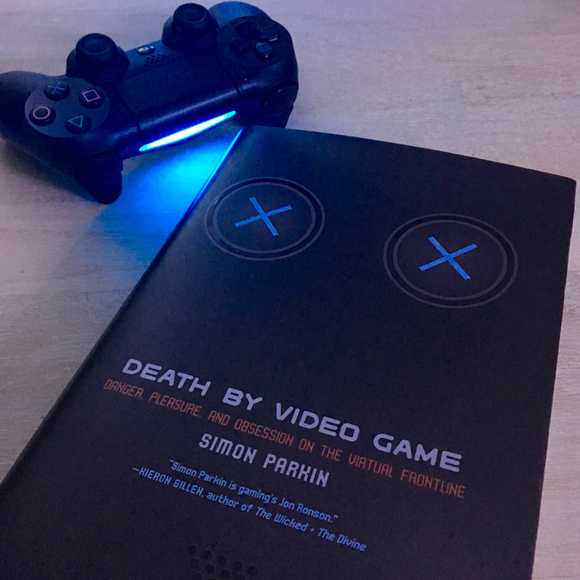Comfortable is something I am not right now. I am not comfortable with a Donald Trump presidency. I am not comfortable with America’s image to other countries. I am not comfortable with explaining to American children how this happened. I am not comfortable for women, the LGBTQ community, and people of color. I am not comfortable with any of this.
Uncomfortable is certainly the least of the emotions I am feeling now; far behind terrified, horrified, stupified, scared, shaken, gutted, disappointed, sad, guilty. But for a white Californian male, discomfort is resounding. I weep for the groups across the nation who feel geniuine terror at their core.
If there is one thing that has been magnified for me it’s that I was too comfortable under the Obama presidency. I was so comfortable with President Barack Obama at the helm that I stopped paying attention to Washington and the American People. It’s a shameful statement for someone who works on the periphery of the news industry and who has dreams of becoming a writer and, possibly, journalist.
At the start of the campaign season, I felt “fired up.” This was a vow to myself to pay attention. To watch the campaign closely. As it tumbled along, I felt comfortable with Clinton’s campaign, tactics, and temperament. That comfort grew by the fact that she was going up against Trump. How could anyone in their right mind vote for a politically untested, inexperienced, misogynist businessman who avoided paying taxes and was running on a campaign of xenophobia? Clinton had this in the bag! Once again, I became too comfortable and took my eye off of the details of the campaigns, the polls, and the People.
Being uncomfortable for the first time in a long time is a wake up call. If that’s coming from someone in the most comfortable of blue states, that certainly says a lot about the discomfort in America now. Hell, it might say more about the discomfort in America before now.
I grew up in what can be described as a left-leaning purple county (+7.3% Dem) and city (+10.6% Dem). I remember a someone saying that our town was as close to the Bay Area that Republican candidates felt they could successfully campaign. 53% of my county voted for Clinton; 42% for Trump.
My hometown was a potpourri of football players and farmers, punk rockers and commuters. I had a glimpse of blue sentiment in parts of town and cities to the west, and familial relationships in heartedly red counties to the south. I was never spoken to about politics or beliefs at home.
That would change when I discovered punk rock and a class called AP Government. A fire was sparked and propelled me to obtain my bachelors degree in political science. But I stopped there. Graduating in 2009 under an Obama presidency, the comfort kicked in and the fire went out.
A troublesome, odd campaign cycle and a trip to D.C. in October 2016 were enough to stoke the fire again, but it felt too late. I felt to uninformed in what the Obama administration had and had not done, secretary Clinton’s record (good or bad), and the state of rural America to hold educated conversation with others about the need to cast a Clinton vote. Beyond my given enthusiasm for a female leader and her common-sense views of equality in this great nation, my message became, “vote for her because you shouldn’t vote for him.” It wasn’t enough for her, it wasn’t enough for my arguments, and it wasn’t enough for the People.
I don’t know what the next step is. It’s safe to say that many of us don’t. That is what is so uncomfortable about this election. Did Trump simply play a base of America? Is this for ego? What does it mean that he’s flipped between a registered Republician then Independence Party then Democratic then Republician then nothing then Replublician parties? Does a “successful business man” not have the temperament for this job? Did he really see something we all didn’t? Is he really smart enough to find loopholes and dodge taxes? Can we trust him on Twitter? Can 140 characters warrant a trade war with China? Can 140 characters spark nuclear warfare? He certainly doesn’t want to go down as a failed president by committing to the promises made to his base, but he won’t want to be called a liar by them either, right? What does he actually stand for? How will he govern? Isn’t human decency the threshold for the job? How the hell did this happen? What happens next?
I am trying to not let fear get the best of me. Trying to quell many of these thoughts by rationale. But not knowing what this man stands for or trusting any of his actions is deeply uncomfortable.
I’m unsure of my next actions. I’m letting this sink in. I’m going for long jogs, focusing on work, and cascading into stiff drinks, hoping I’ll come out with some form of clarity and action. Until then, my wife and I have chosen to donate monthly to the ACLU and Planned Parenthood and are actively looking to other organizations, liberties, and efforts that may have the steepest of uphill battles ahead of them.
I do not blame president Obama or secretary Clinton. I blame myself for being comfortable in my own privledged bubble. Now, I am comfortable that my discomfort will propel me to be better informed, studious, and vocal.
Some podcast episodes that have helped console my discomfort:
The One You Feed - Post Election Mini-Episode
Slate’s Political Gabfest - The “Even Longer National Nightmare” Edition
Vox’s The Weeds - Trumpocalypse Now
The Talk Show With John Gruber - Holiday Party


